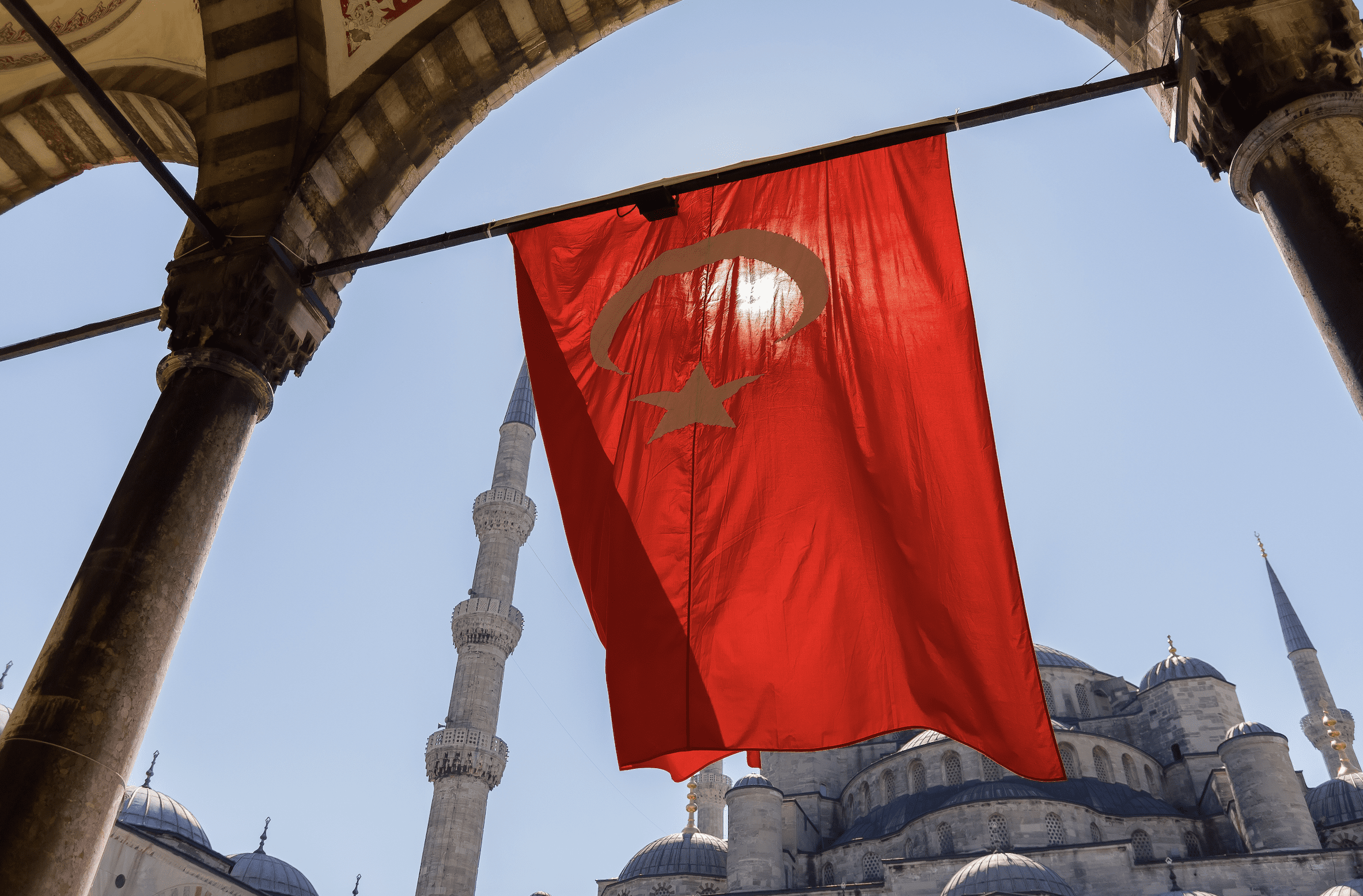
All 12 recognized Diyanet mosques, associated with the Turkish Ministry of Religious Affairs, must remain free of Turkey’s influence if they wish to maintain their recognition. Flemish Minister for Coexistence Bart Somers made this announcement on Wednesday, June 15th.
After a year-long stop in granting faith communities their recognition, Flemish Minister for Society Bart Somers (Open Vld) now wants such procedures to be started up again. The new recognition decree, in force since the end of last year and based on a study by Belgian canon law scholar Rik Torfs, would make this possible. Now faith communities need to meet certain conditions, the most important one being that of foreign interference and financing. Additionally, there will be a mandatory register where all donations must be recorded.
Diyanet mosques are a priority to the government. Any that are affiliated with the Turkish Ministry (with many, the mosque building is under Diyanet ownership) must fundamentally change their operations if they want to retain their Flemish recognition.
With a loss of recognition, any local religious community loses financial support from the government, while its head, if foreign, will not receive work and residency permits.
To ensure compliance, the recently founded Flemish Information and Screening Service has been given the priority task of informing these mosques about the new rule and making sure they follow it. The other Diyanet mosques that qualify for a shortened recognition procedure (23 in total) will also receive it if they can prove that they are not under the sway of foreign influence or meddling.
In the statement, Flemish minister Bart Somers said:
Flemish Muslims are part of Flanders and full citizens in our society. It is therefore important that we restore trust and start recognizing Islamic faith communities again. But many Flemish Muslims have no interest in Turkish state imams. We cannot accept religion being instrumentalized to serve foreign interests. We say plainly: mosques that want to maintain their recognition must fend off foreign influence
Somers concluded that it “is time for mosques associated with Diyanet to make the change. Those who do can count on recognition, in the interest of our society and the Flemish Muslims who want to practice their faith without foreign influence.”
The Flemish independence party Vlaams Belang, which for decades has harped on the danger that unregulated mosques pose to Western society, welcomed the decision. Yet, in its press release, the party says the policy does not go far enough.
“It is because of years of pressure from Vlaams Belang that Somers is finally seeing the light,” said Chris Janssens, Vlaams Belang’s representative in the Flemish Parliament. “Not only should their recognition be revoked, but those Diyanet mosques should be closed immediately for security reasons.” He added that there is ample proof that shows “how harmful these Diyanet mosques are,” and that “even if their recognition has been withdrawn, they can continue to operate.”
Last May, Janssens was unsuccessfully sued by the Diyanet network of mosques. After their claim had been rejected by the Council Chamber of Tongeren, the politician coolly remarked that he wouldn’t be surprised if they made a last “desperate attempt” to appeal, adding “bring it on!”
